Rose is one of the most popular flowers in perfumery. It is part of an innumerable number of pink compositions and often accompanies oriental fragrances. It has been recognized in Arabic perfumery as an important element of men's compositions. Rose essential oil is used not only in perfumery, but also in cooking. With its help, flavorists create fruit and floral flavors. Despite its popularity, natural raw materials are quite expensive and are often falsified by unscrupulous suppliers using synthetic components. The rose used in perfumes can be of two types: Damask and May (stolepestkovaya), all other roses found in olfactory pyramids are hybrids of these two species. In addition to natural raw materials, the use of fully or partially synthetic chords, fantastical or imitating the aromatic profiles of natural raw materials, is extremely popular. Rose of Damascus (Rosa Damascena) Plant name according to the botanical classifier: Rosa Damascena Countries of production of natural raw materials: Bulgaria, Turkey, France, India, China, some countries of the former USSR Parts of the plant going into processing: flowers Types of raw materials obtained: absolute, concretes, essential oil ("Otto Rose") Methods of production: essential oil — steam and hydrodistillation, concrete extraction with petroleum ether, absolute alcohol extraction Physical characteristics of raw materials: Essential oil — pale yellow or olive yellow liquid, prone to partial crystallization at temperatures below 21 degrees Celsius. Absolute is an amber, reddish or yellow-green liquid, dense and thick. Concrete is a solid, waxy mass of amber or yellow—olive color. Olfactory characteristics of the raw material: The essential oil has a floral, sweet, spicy, warm, rich aroma with honey and berry shades, reminiscent of the aroma of red roses. Absolute is warm, spicy, deep, rich, sweet, with a pronounced honey and woody-balsamic tint. Konkret is a rich, deep, sweet-floral fragrance, reminiscent of the aroma of red and pink roses. Olfactory group: floral; Position in the olfactory pyramid: upper (oil), middle (oil, absolute, concretes) and base (absolute, concretes) note Rose Stolepestkovaya (May) (Rosa Centifolia) The name of the plant according to the botanical classifier: Rosa Centifolia Countries of production of natural raw materials: Morocco (main), France, Italy, Tunisia, Yugoslavia, China, etc. Parts of the plant going into processing: flowers Types of raw materials obtained: absolute, concretes, essential oil (Moroccan rose oil) Methods of preparation: essential oil — steam and hydrodistillation, concrete extraction with petroleum ether, absolute alcohol extraction Physical characteristics of the raw material: Essential oil — pale yellow or colorless liquid. Absolute is an amber, reddish or brown liquid, dense and thick. Concrete is a solid, waxy mass of amber or yellow—brown color, melting at a temperature of 45-52 degrees Celsius. Olfactory characteristics of the raw material: The essential oil has a floral, sweet, deep aroma of red and pink roses. The absolute is warm, deep, rich, sweet, with a pronounced honey tint, less spicy in comparison with the absolute of the Damask rose. Concretes are rich, deep, floral, sweetly woody. Olfactory group: floral; Position in the olfactory pyramid: top (oil), middle (oil, absolute, concretes) and base (absolute, concretes) note Perfumes with a dominant or main rose fragrance: (list includes May and/or Damask rose) La Fille de Berlin Serge Lutens, Roses Musk Montale, Eau de Cartier Goutte de Rose Cartier, Rouge Nocturne Terry de Gunzburg, Red Roses Jo Malone London, A Capella Dear Rose, Bulgarian Rose Demeter Fragrance, Rose Roja Dove, Desiria Bvlgari, Nin-Shar Jul et Mad Paris and many others.

0%

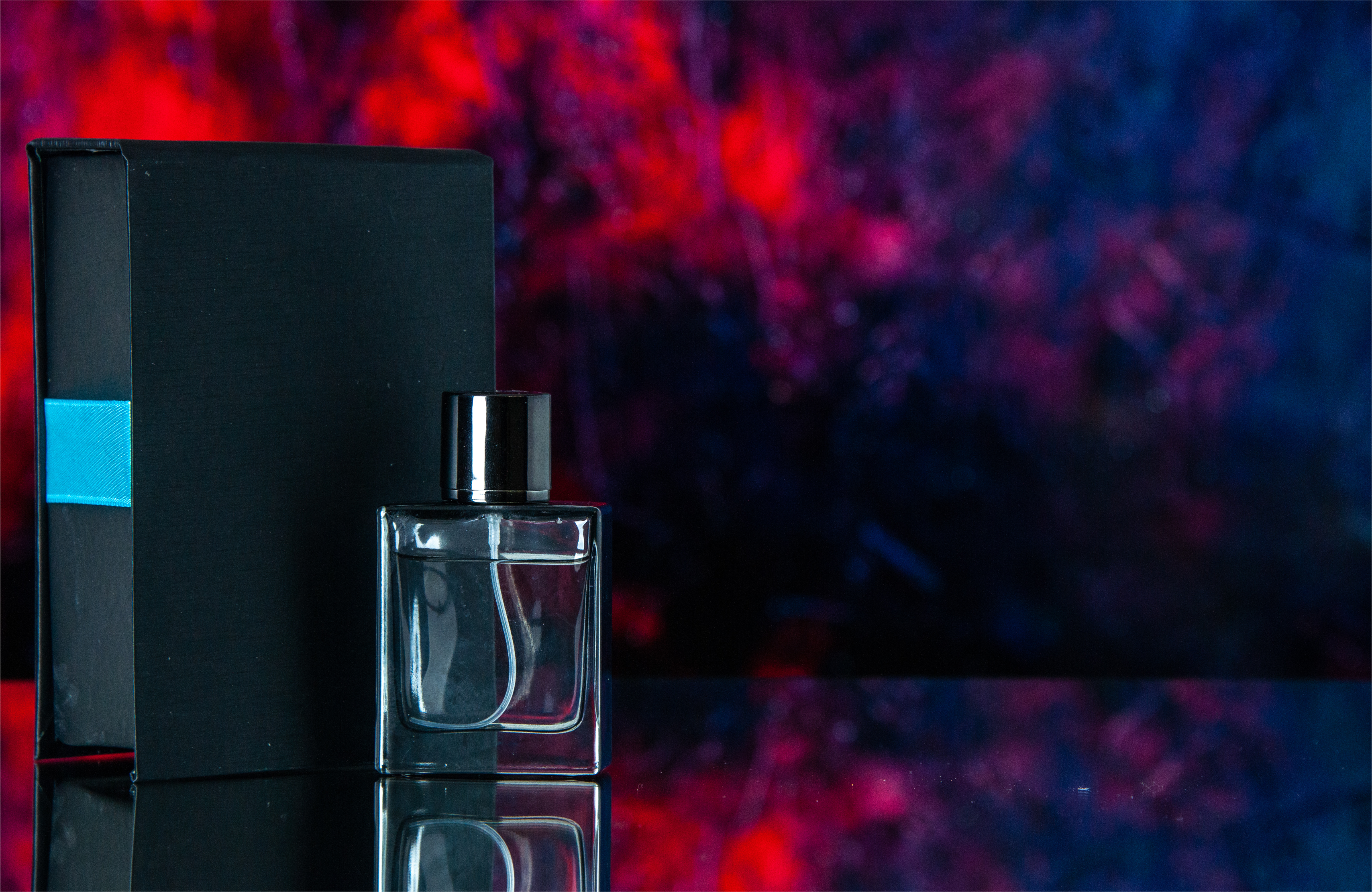
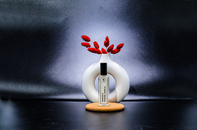
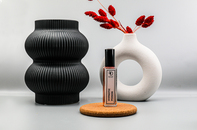
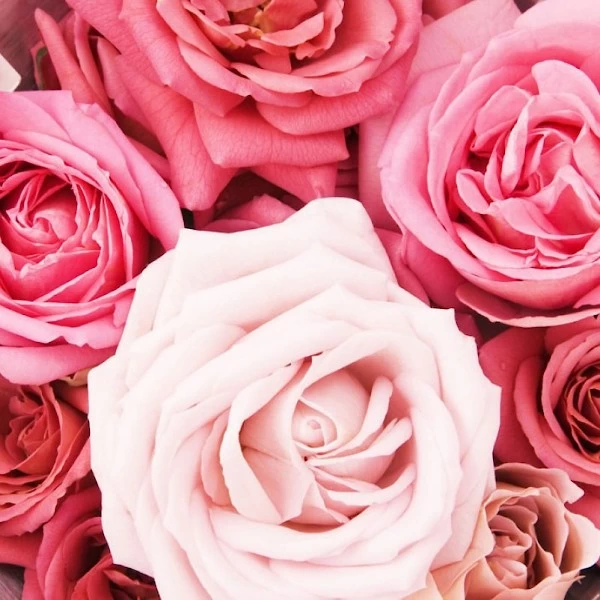
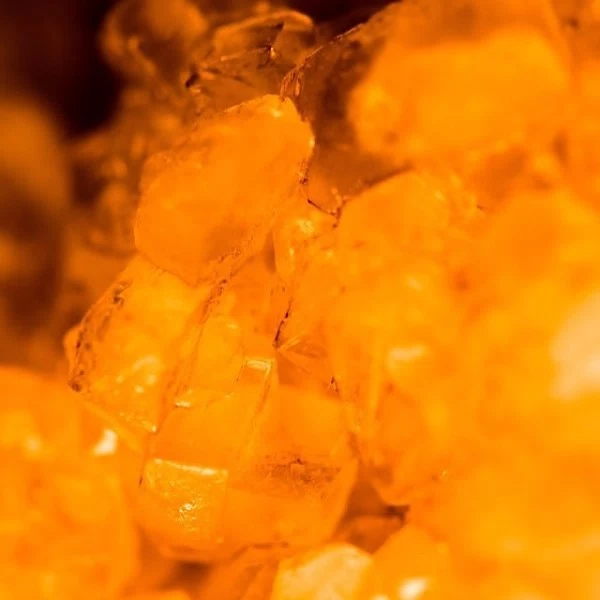
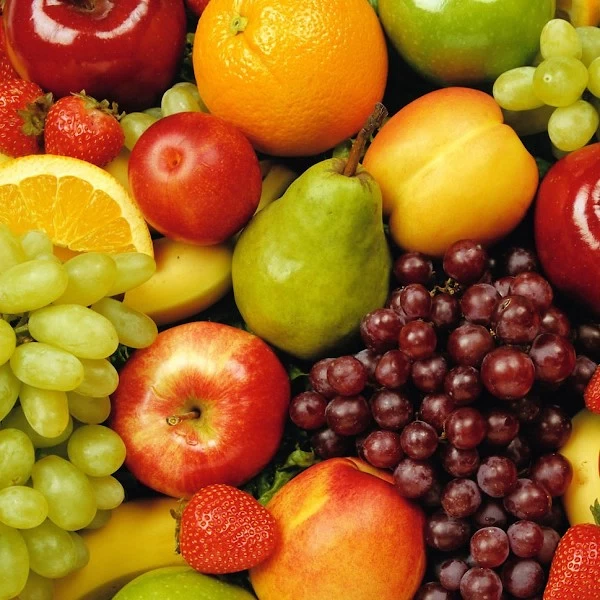

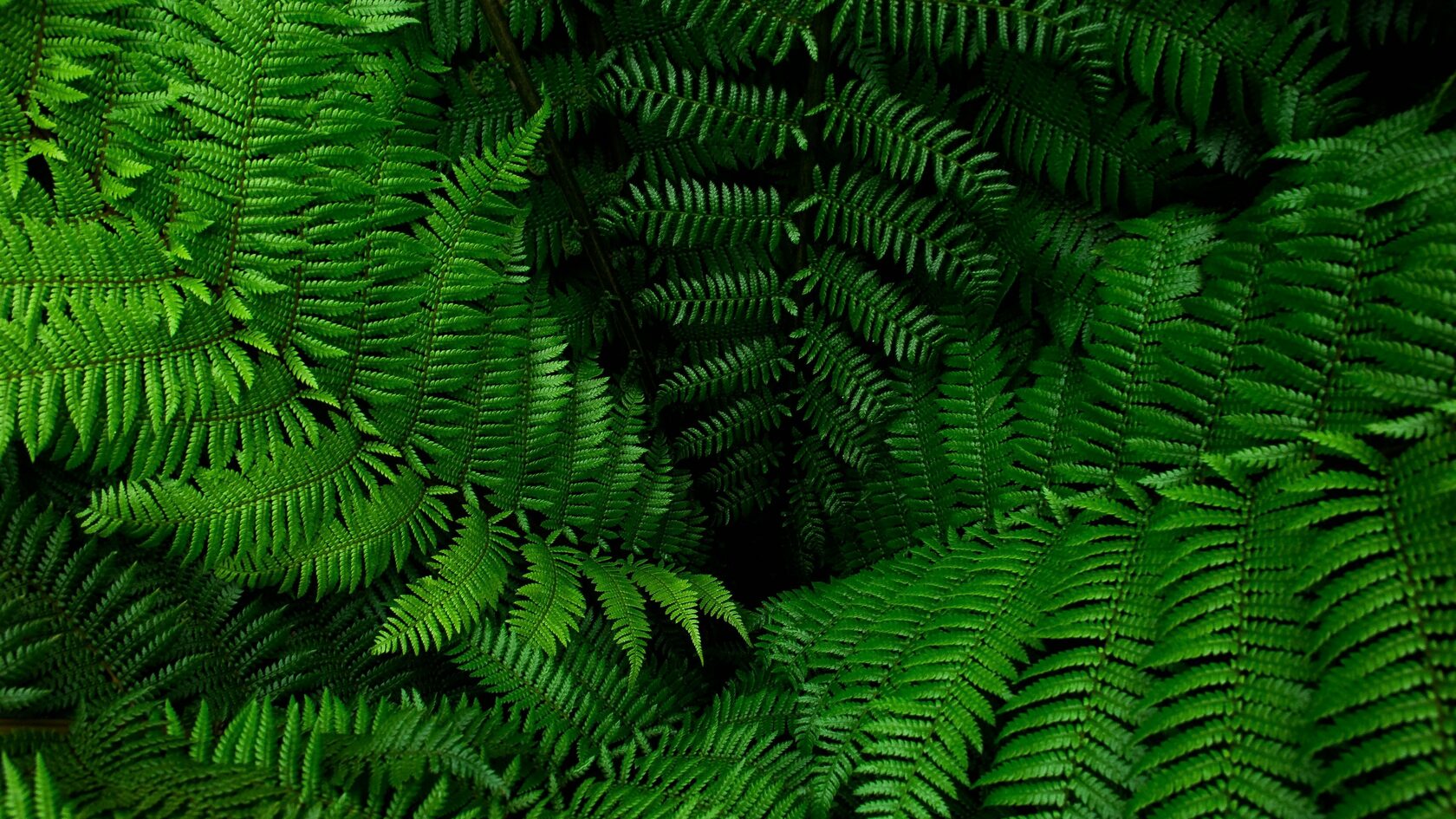
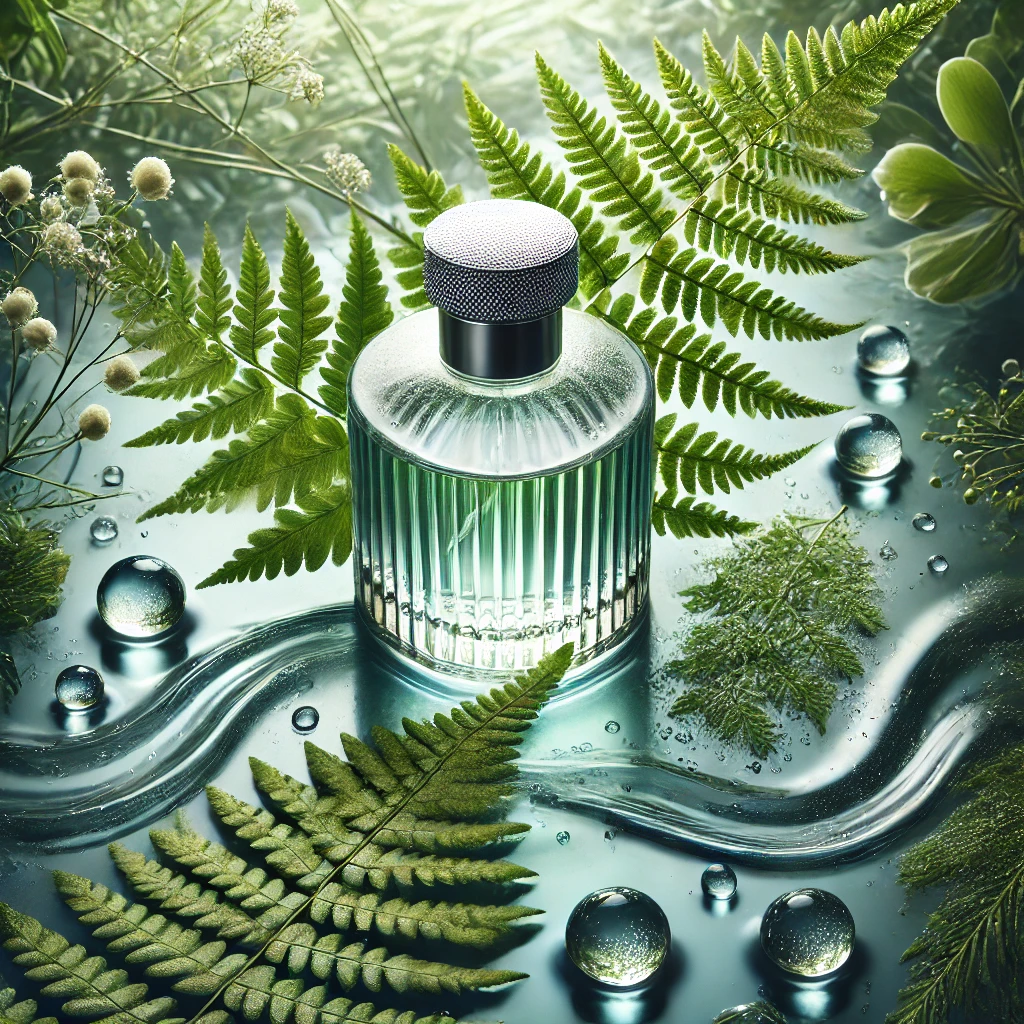
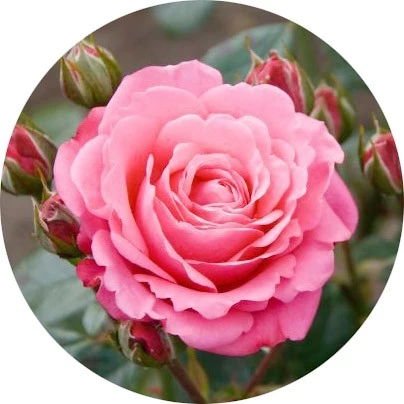
.svg)
